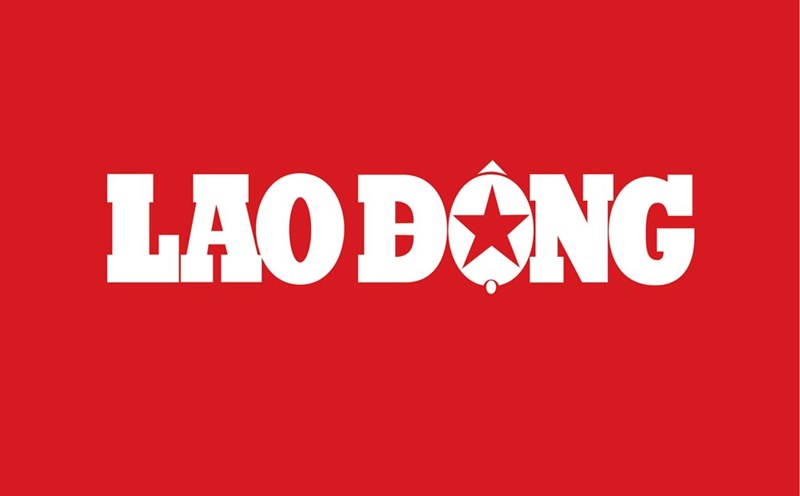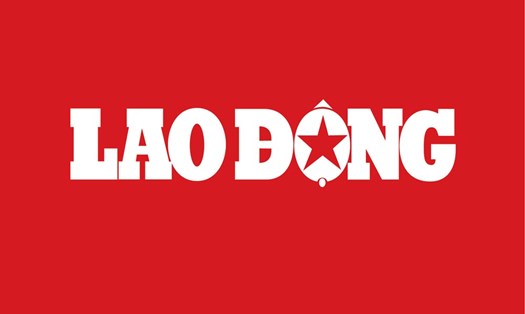Russia is facing the risk of losing an important source of income that Ukraine controls, when the contract for gas transit through Ukrainian territory expires on December 31, 2024.
Ukrainian President Volodymyr Zelensky has repeatedly stated that Ukraine will not renew its five-year contract for the transit of Russian gas. This decision is seen as a response to the ongoing conflict between the two countries.
While Russia has said it is ready to extend the transit agreement, President Vladimir Putin has admitted that it is “obvious” that there will be no new contract. However, President Zelensky has hinted at a possibility: Ukraine could consider extending it if Russia does not receive payment for gas until the conflict ends.
According to Reuters calculations, the gas transit contract through Ukraine will bring Russia up to $5 billion in revenue this year. The end of the transit will deal a heavy blow to the Russian economy, especially when Moscow is under pressure from comprehensive economic sanctions from the West.
Ukraine is not immune to the damage either. The suspension of gas transit could result in a loss of about $800 million in transit revenue each year. This represents only 0.5 percent of the country’s GDP, which is insignificant, but in the context of Ukraine’s severe economic decline due to the conflict, it is still a valuable sum.
European countries that receive gas from pipelines passing through Ukraine, such as Slovakia, the Czech Republic and Austria, are worried about their gas supplies when their contracts expire. They have turned to alternative energy sources, but these may be more expensive.
As Russia loses market share in Europe, it has sought new customers. Much of the gas that used to go to Europe is now being directed to India and China. In a recent announcement, Gazprom announced that it had delivered a record volume of gas to China via its Eastern Siberia pipeline, exceeding its contractual commitments.
Therefore, when the gas transit contract officially ends, it is not known who will suffer more.











